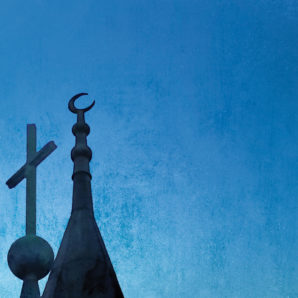The Un-Dutchable Challenge of Pluralism
In recent years pluralist co-existence has been pushed to the center of political and social discussion in the Netherlands, as once “received” understandings of integration, including various models of multiculturalism, are called into question. For Dutch society, otherwise known for its pragmatism and tolerance, the path forward to a more effective pluralist co-existence remains uncertain. Read the full article »
Read More →
In recent years pluralist co-existence has been pushed to the center of political and social discussion in the Netherlands, as once “received” understandings of integration, including various models of multiculturalism, are called into question. For Dutch society, otherwise known for its pragmatism and tolerance, the path forward to a more effective pluralist co-existence remains uncertain. Read the full article »
Read More →
